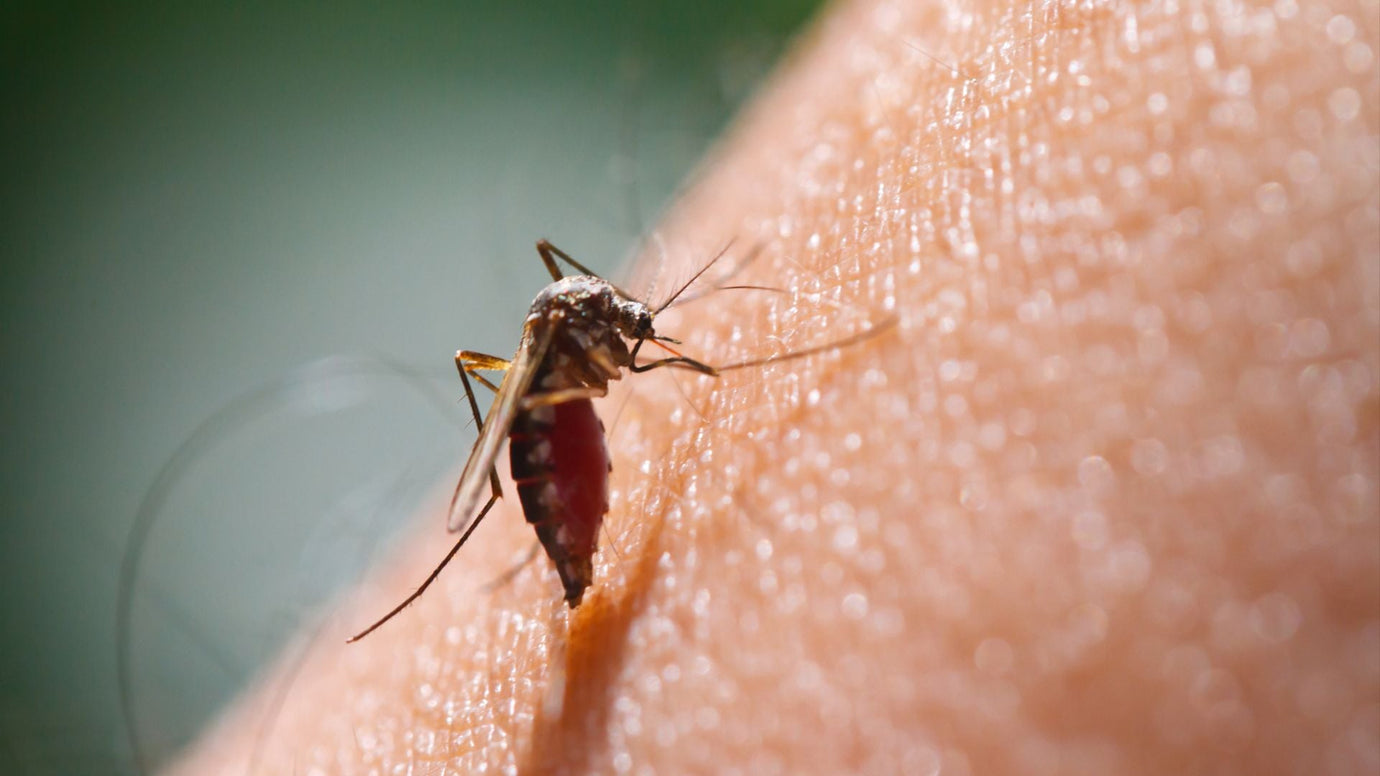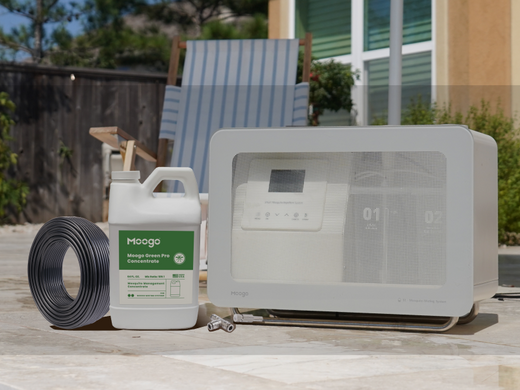While a lush and beautiful vegetable garden can be a source of pride, many gardeners face the problem of pests and mosquito infestation from time to time. To protect your favorite plants and the health of your garden, learning more about the nature of mosquitoes and common pests is recommended – so you can deal with them effectively without causing damage to your veggies.
This list of common mosquitoes and garden pests should help gardeners identify the main culprits and ways to control them.
Anopheles Mosquito
Anopheles mosquitoes lay eggs in water with built-in floatation devices. The eggs of this common mosquito species are unique in that they come with floats on either side. Females can typically lay from 50 to 200 eggs at a time, which takes about two to three days to hatch. The anopheles mosquito transmits diseases such as malaria and prefer to bite at night,
Pitcher Plant Mosquito
Another species commonly found in gardens, the pitcher plant mosquito looks for small pools of water to lay their eggs, such as those inside leaves of the carnivorous pitcher plant. These mosquitoes lay their eggs and fly away, while insects like moths, ants, and flies that fall in can drown and become food for mosquito larvae.
The pitcher plant mosquito is the only species with some female mosquitoes that bite and others that do not. They are also a common host of mosquito-borne diseases worldwide.
Yellow Fever Mosquito
The yellow fever mosquito transmits diseases including dengue, chikungunya and zika viruses. It bites during daytime and can be found in urban areas and tropical regions. This species is characteristically blood hungry, prefers to bite humans and likes to stay indoors.
Ticks
Ticks may look like spiders to the untrained eye. They are tiny arachnids that are typically brown or black, attaching themselves to people and pets for blood meals. Ticks can be undetected at first as their bite is painless, while tick bites can result in the skin becoming inflamed or itchy, or even more intense symptoms like fever or skin rash. These garden pests carry diseases such as Lyme disease and Rocky Mountain Spotted Fever. Ticks are usually more active in summer months, while they can be found from late spring to fall, and even in winter climates.
Fleas
Much like ticks, fleas also feed on blood and their bites can lead to skin rashes in pets and humans. Fleas are powerful jumpers and stay active year-round, especially in indoor spaces.
Fleas do not cause any real damage to plants or gardens, while they can be difficult to spot. If they become a persistent problem however, both nontoxic and chemical insecticides formulated to repel fleas can be applied to lawns and under trees or bushes.
Minimizing the Presence of Biting Garden Pests
All in all, you can minimize the presence of annoying pests in your garden with a combination of holistic methods, including planting more pest and disease-resistant plants, as well as companion planting to strengthen plant health.
For more persistent infestations, the use of organic liquid solutions with a spraying system may be an effective solution to get rid of pests for good.



